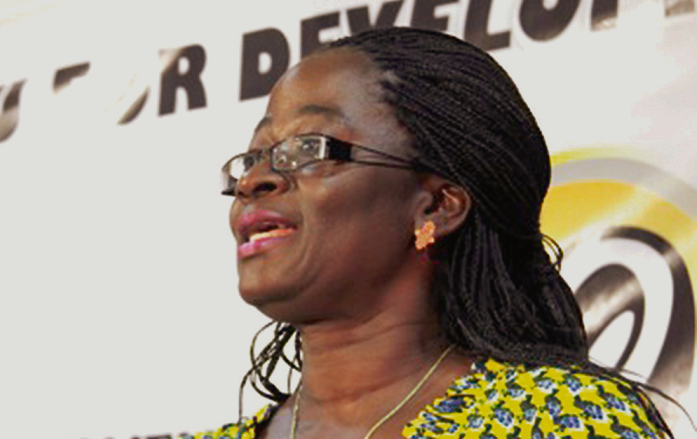
Women need support for role in development
Concerns of women in seeking equality in the various aspects of public life, especially in governance, constitute some of the issues constantly under discussion, and would continue to be so until the desired results are attained.
Advertisement
Some successes have been chalked up over the years, in that a number of women are taking part in political activities and seeking political office, while others are excelling in the economic sphere.
However, in spite of the quick signing and ratification of protocols, charters and even declarations by many African countries, particularly Ghana, there is always a difficulty in the enforcement of these policies to cause real changes, thus making women’s groups and institutions to constantly search for better ways to ensure the enforcement or other actions that would deliver results, and give true meaning to gender equality, as an element of democracy.
Women’s advancement
ABANTU for Development, a female-based non-governmental organisation, is among organisations at the forefront of the campaign for women’s advancement in political life and other important areas.
According to ABANTU, it was imperative to continuously examine, scrutinise and interrogate processes that perpetually locate women in disadvantaged positions, and keep them out of political and economic processes for development.
Lamenting what it described as the low representation of women in decision-making, ABANTU described Ghana’s road to gender and social equality as “slow.”
According to the Director of ABANTU, Dr Rose Mensah-Kutin, enhancing women’s participation in electoral processes and in public life in general could not be overemphasised, stressing that Ghanaian women had the commitment and determination to surmount all difficulties and to forge ahead and work collectively to achieve common goals.
At a press conference to discuss the topic, “Increasing women’s participation through Affirmative Action,” she said the Affirmative Action Bill was to enable Ghanaian women to have the equal representation and participation in politics and decision-making at all levels.
Opportune time
She said this year’s election, therefore, was an opportune time for women to be fully represented in public policy-making, adding, “The affirmative action campaign is another effort in this direction and its achievement is assured.”
According to Dr Mensah-Kutin, women remained under-represented on decision-making platforms even though they had demonstrated capacity and commitment in contributing effectively to national processes.
She said, “Currently, women represent only 10.9 per cent of the 275-member parliament, which is clearly unreflective of the 51 per cent female population in Ghana (2010 population census).”
The platform
The press conference formed part of a platform dubbed, “Increasing women’s participation through Affirmative Action” and created by ABANTU and Fredrick Ebert Stifung (FES), a German foundation.
The advocacy platform is intended to be used to demand a social contract from those who are seeking the mandate of women to set a concrete agenda for implementing and addressing the under-representation of women in decision making.
It is also to ensure the passage of the Affirmative Action Bill into Law as soon as possible.
Need for Affirmative Action
Arguing the case for an intensive Affirmative Action in the country, Dr Mensah-Kutin said it was necessary, considering the persistent gender inequalities in representation in government in Ghana and the international and regional commitments and national laws which called for gender equality.
Women’s ability
“Women’s ability to benefit from development processes in an equitable way can then be assured, as would be the state’s own accountability to women’s rights and gender equality,” she said.
She said since the nation was in an election year, advocacy groups needed to use various platforms to deepen understanding and advocacy of the Affirmative Action Bill and its relevance for the democratic governance efforts.
“Ghanaian women have the commitment and determination to surmount all difficulties and to forge ahead and work collectively to achieve common goals. This year’s election is, therefore, an opportune time for us women to be fully represented in public policy-making,” she stated.
Years of discrimination
According to her, ignoring the long years of discrimination against women had created the need for affirmative action, adding that, “The charity approach to affirmative action is more likely to perpetuate inequalities than address them.”
The Programme Coordinator for FES, Mrs Ernestina Ofoe, said as a democratic country, women should not be sidelined in Ghana, rather they should partner the men to develop the country.
The platform, she indicated, was, therefore, intended to advocate the immediate passage of the Affirmative Action Bill which has been languishing for years.